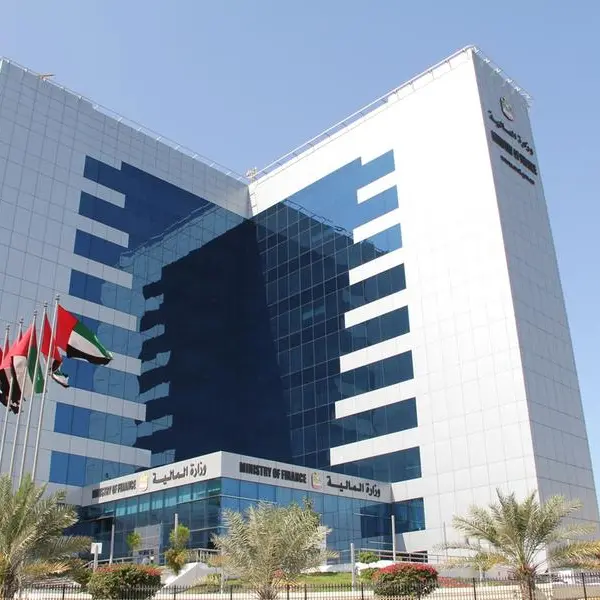PHOTO
BEIRUT- Lebanon still aims to increase taxes to finance a public sector pay rise, a senior official said on Monday, after the plan was thrown into doubt last week when the constitutional council annulled the new tax law.
Many public sector workers went out on strike on Monday after the constitutional council, an arm of the judiciary, decided on Friday to reject the tax law passed by parliament to finance a $917 million public sector pay rise.
The official, speaking on condition of anonymity as deliberations were still underway, said the government would adjust its proposed tax hikes as they were the only way for the heavily indebted state to pay for the wage increase.
The proposals included increases in value-added tax, corporate tax, taxes on alcohol and tobacco, lottery prizes and interest on bank deposits, as well as increases in fees and fines.
The official said the government would address the points raised by the council. "The direction is to reapprove the same taxes ... after clarifying the points tabled by the constitutional council," the official told Reuters.
Some economists had expressed concern about the tax hikes and the constitutional council said they were unlawful for a number of reasons, including the government's failure to approve them as part of a state budget.
Prime Minister Saad al-Hariri's government in March agreed the first state budget in 12 years, but it has yet to be approved by parliament.
"Time is running out and we have no alternative to taxes," the official said. "We cannot finance (the public sector pay rise) without these taxes because this will create a financial imbalance and increase the strain on the economy and increase the public debt, representing a danger to Lebanon's credit rating."
Beshara al-Asmar, head of the general confederation of Lebanese workers, said workers at all public sector institutions went out on strike on Monday, but did not say how many joined the industrial action.
"I call on the state to come up with a quick solution, today, before tomorrow," he told Reuters, urging the cabinet to take the "brave decision" and increase public sector salaries from this month. The strike could continue indefinitely.
"It is an open strike that will be determined on a day by day basis. We will follow developments and take the necessary steps," al-Asmar said.
Central bank Governor Riad Salameh said on Sunday the public sector pay increase must be financed through taxation.
The Hariri-led government assumed office last year as part of a political deal that made Christian politician Michel Aoun head of state.
The cabinet includes all of Lebanon's main groups apart from the Christian Kataeb party, the faction which lodged the complaint against the tax law with the constitutional council.
Lebanon has a debt-to-GDP ratio of 148 percent, one of the highest in the world, and recorded a fiscal deficit of $4.9 billion last year. Moody's ratings agency downgraded Lebanese sovereign debt in August citing its debt burden, but both S&P and Fitch affirmed their existing ratings.
The finance minister has previously said the public sector wage rise would cost an estimated 1.38 trillion Lebanese pounds ($917 million), while the tax hikes would bring in revenue of 1.65 trillion pounds ($1.1 billion).
The government is due to convene on Tuesday as part its efforts to resolve the crisis.
(Writing by Tom Perry; Editing by Susan Fenton) ((thomas.perry@thomsonreuters.com; Reuters Messaging: thomas.perry.reuters.com@reuters.net))





















